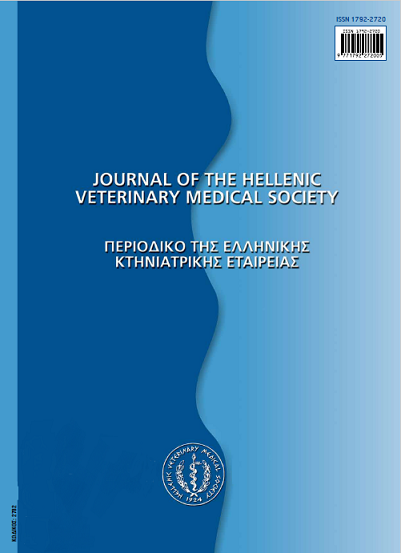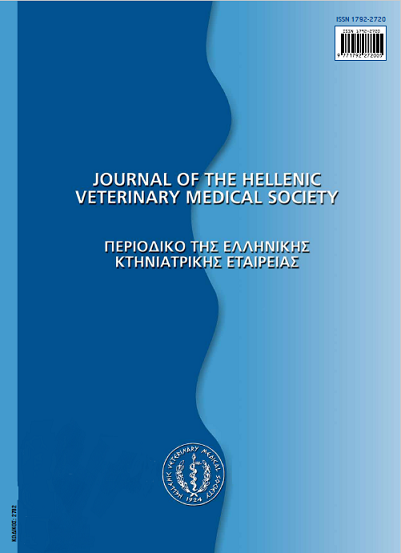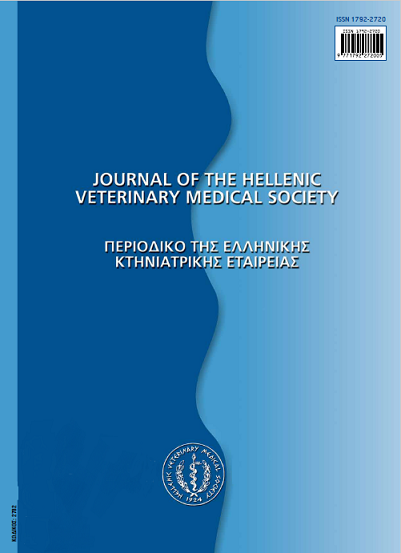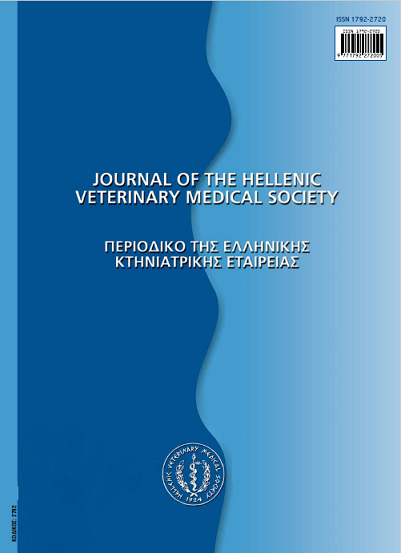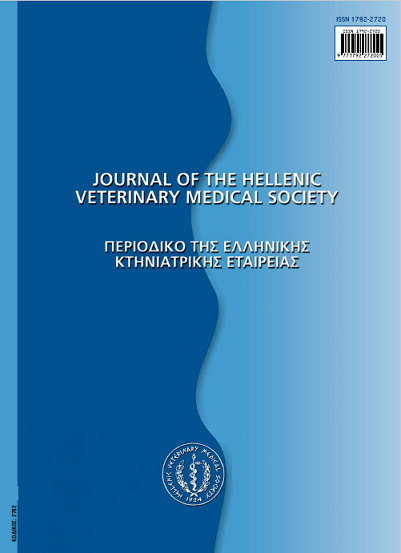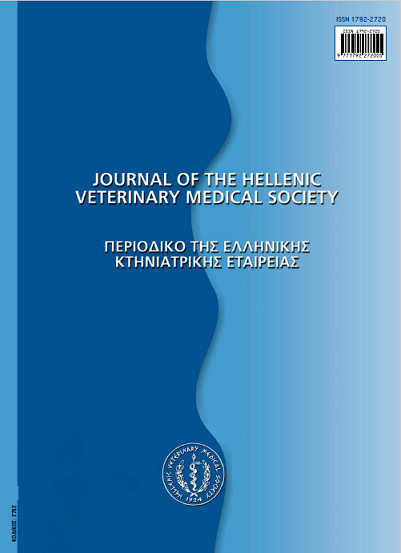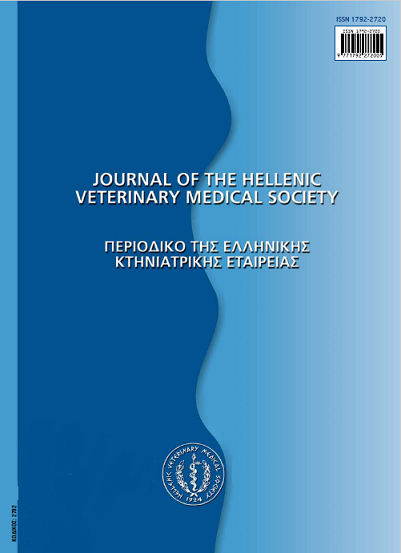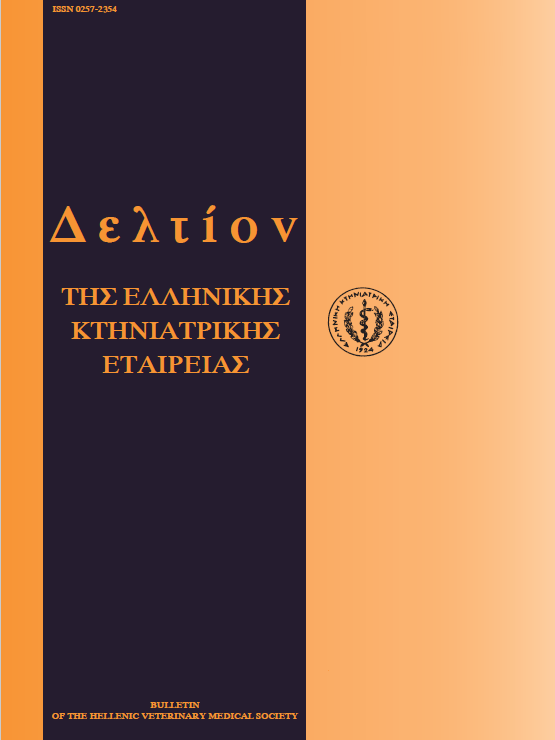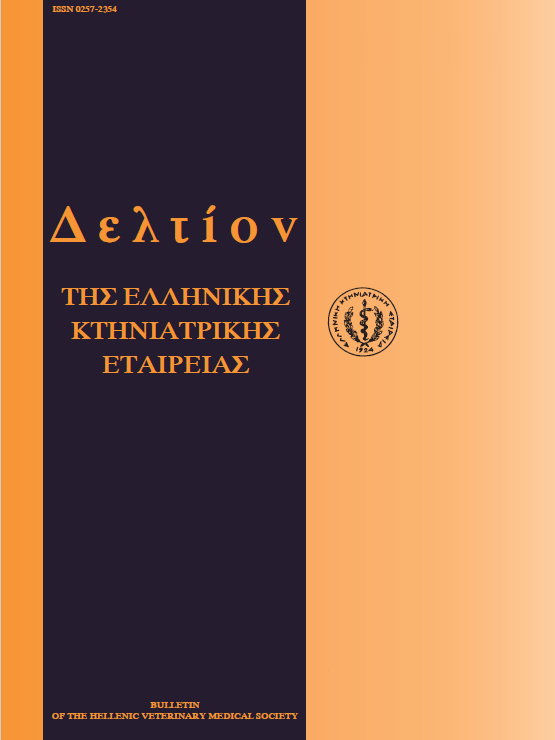Canine hepatozoonosis: an update
Résumé
Canine hepatozoonosis is caused by two different Hepatozoon species, responsible for distinct clinical syndromes. Hepatozoonosis beyond the United States is caused by Hepatozoon canis, transmitted by the tick Rhipicephalus sanguineus, whereas North American hepatozoonosis is caused by H. americanum, transmitted by Amblyomma maculatum. The former appears to be well adapted to its canine host, causing mostly subclinical or a mild clinical disease. Anorexia, depression, lethargy, fever, lymphadenopathy and body-weight loss are the most common clinical manifestations, which may be precipitated by concurrent infectious diseases or drug-induced immunosuppression. H. canis infection is mosdy diagnosed by the detection of intraneutrophilic gamonts in Giemsa-stained blood smears. Occasionally, a high level parasitemia may be observed (100% of circulating neutrophils), though moderate parasitemia (1-5%) is more common. Imidocarb dipropionate, with or without doxycycline, usually leads in rapid clinical remission and elimination of parasitemia, although relapses are not uncommon. In marked contrast, H. americanum, a recendy emerged pathogen, apparendy poorly adapted to dogs, is responsible for a severe chronic debilitating and often fatal disease. Fever, generalized pain, muscle atrophy and reluctance to move are prominent clinical symptoms attributable mainly to severe pyogranulomatous myositis and periosteal proliferative lesions. Since parasitemia is rarely found in H. americanum infection, a solid diagnosis should be based on muscle histopathology and/or serology. The combination of trimethoprime-sulphadiazine, clindamycin and pyrimethamine (induction phase), followed by long-term administration of the anticoccidial decoquinate (maintenance phase), achieves clinical remission and prolongs survival time, although relapses may frequently occur.
Article Details
- Comment citer
-
MYLONAKIS (Μ.Ε. ΜΥΛΩΝΑΚΗΣ) M. E., PETANIDES (Θ. Α. ΠΕΤΑΝΙΔΗΣ) T. A., & KOUTINAS (Α. Φ. ΚΟΥΤΙΝΑΣ) A. F. (2017). Canine hepatozoonosis: an update. Journal of the Hellenic Veterinary Medical Society, 55(2), 174–179. https://doi.org/10.12681/jhvms.15191
- Numéro
- Vol. 55 No 2 (2004)
- Rubrique
- Review Articles
Authors who publish with this journal agree to the following terms:
· Authors retain copyright and grant the journal right of first publication with the work simultaneously licensed under a Creative Commons Attribution Non-Commercial License that allows others to share the work with an acknowledgement of the work's authorship and initial publication in this journal.
· Authors are able to enter into separate, additional contractual arrangements for the non-exclusive distribution of the journal's published version of the work (e.g. post it to an institutional repository or publish it in a book), with an acknowledgement of its initial publication in this journal.
· Authors are permitted and encouraged to post their work online (preferably in institutional repositories or on their website) prior to and during the submission process, as it can lead to productive exchanges, as well as earlier and greater citation of published work.

